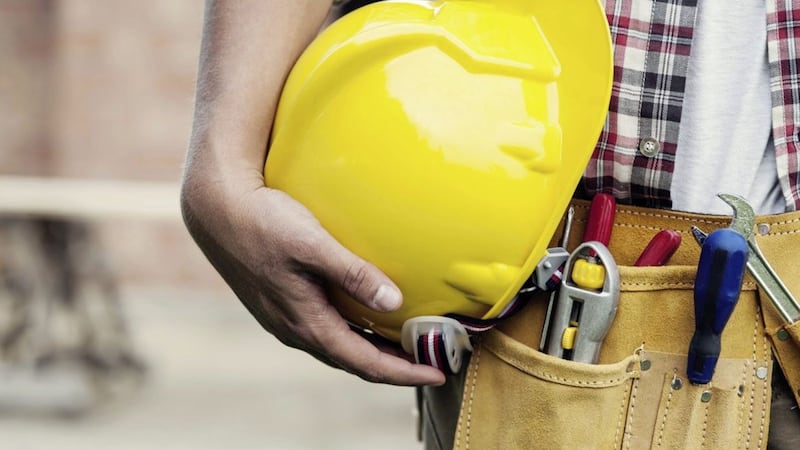QUESTION: I am a self-employed electrical contractor working for a number of main building contractors on development sites in Northern Ireland. I have been following with interest the changes to the VAT treatment of supplies in the construction sector and was wondering how this will impact my business. Can you explain?
ANSWER: Significant changes are being introduced to the VAT treatment of supplies in the construction industry with effect from October 1 2019. A domestic “reverse charge” rule is being introduced which will change the person responsible for accounting for VAT in relation to certain supplies of construction services. In particular, supplies between sub-contractors and main contractors will be impacted by the changes.
HMRC are concerned about the current levels of “missing trader fraud”. This involves a supplier issuing a VAT invoice and collecting VAT from their customer before going “missing” and not declaring the VAT to HMRC. The proposed changes require the customer to account for the VAT removes this risk.
Currently, a sub-contractor is responsible for charging and accounting for VAT to HMRC on supplies to main contractors. From 1 October 2019, the main contractor will be responsible for declaring the VAT on supplies received from the sub-contractor under the “reverse charge” rules. An equivalent VAT deduction can also be claimed by the main contractor subject to the normal rules of VAT recovery.
Broadly speaking, the new rules will only affect supplies at the standard or reduced rate of VAT where payments are required to be reported through the Construction Industry Scheme.
The categories of construction services affected by the VAT changes will include: general construction, groundwork construction, renovations and maintenance services, cleaning services and painting and decorating of buildings and structures.
It is important to note that the new rules will only apply on supplies between VAT registered businesses in circumstances where the recipient makes an onward supply of construction services. This means the VAT treatment of supplies to the final customer (e.g. property owner) will not change. There are a number of other exclusions including:
• Zero-rated supplies (e.g. the construction of new dwellings)
• Certain supplies between connected companies
• Certain supplies between landlord and tenant
• Services provided by architects, surveyors and other consultants
• The manufacture of certain building or engineering equipment and components
• The installation of security systems, burglar alarms, CCTV and PA systems
The VAT treatment of services provided to the final customer should not be affected by the changes.
All businesses involved in the construction industry should review their supply chains to consider how they will be impacted by the changes. It will be important to identify the categories of supplies which may be subject to the new “reverse charge” rules and update accounting systems accordingly.
Finally, supplies in the construction industry can potentially be subject to VAT at 0 per cent, 5 per cent or 20 per cent. Businesses which receives services from another contractor will need to determine which VAT rate applies and whether or not the services received will be subject to “reverse charge”.
The impact on invoicing, contracts, cash-flow and working capital of the proposed changes should also be considered and pre-planning steps put in place to be ready for the October 1 changes.
:: Malachy McLernon (m.mclernon@pkffpm.com) is a director of PKF-FPM (www.pkffpm. com). The advice in this column is specific to the facts surrounding the question posed. Neither the Irish News nor contributors accept any liability for any direct or indirect loss arising from any reliance placed on replies.








